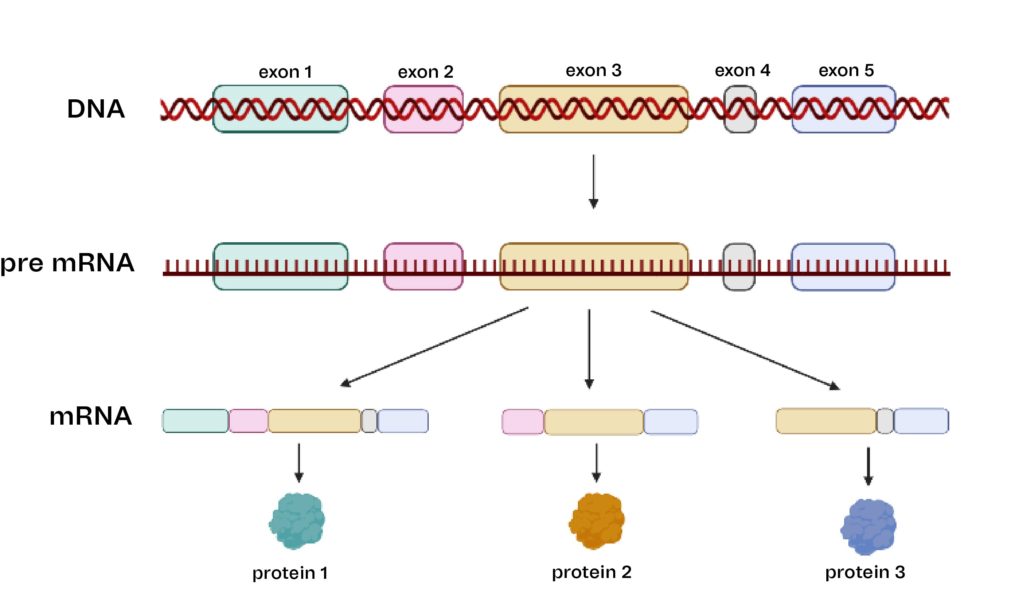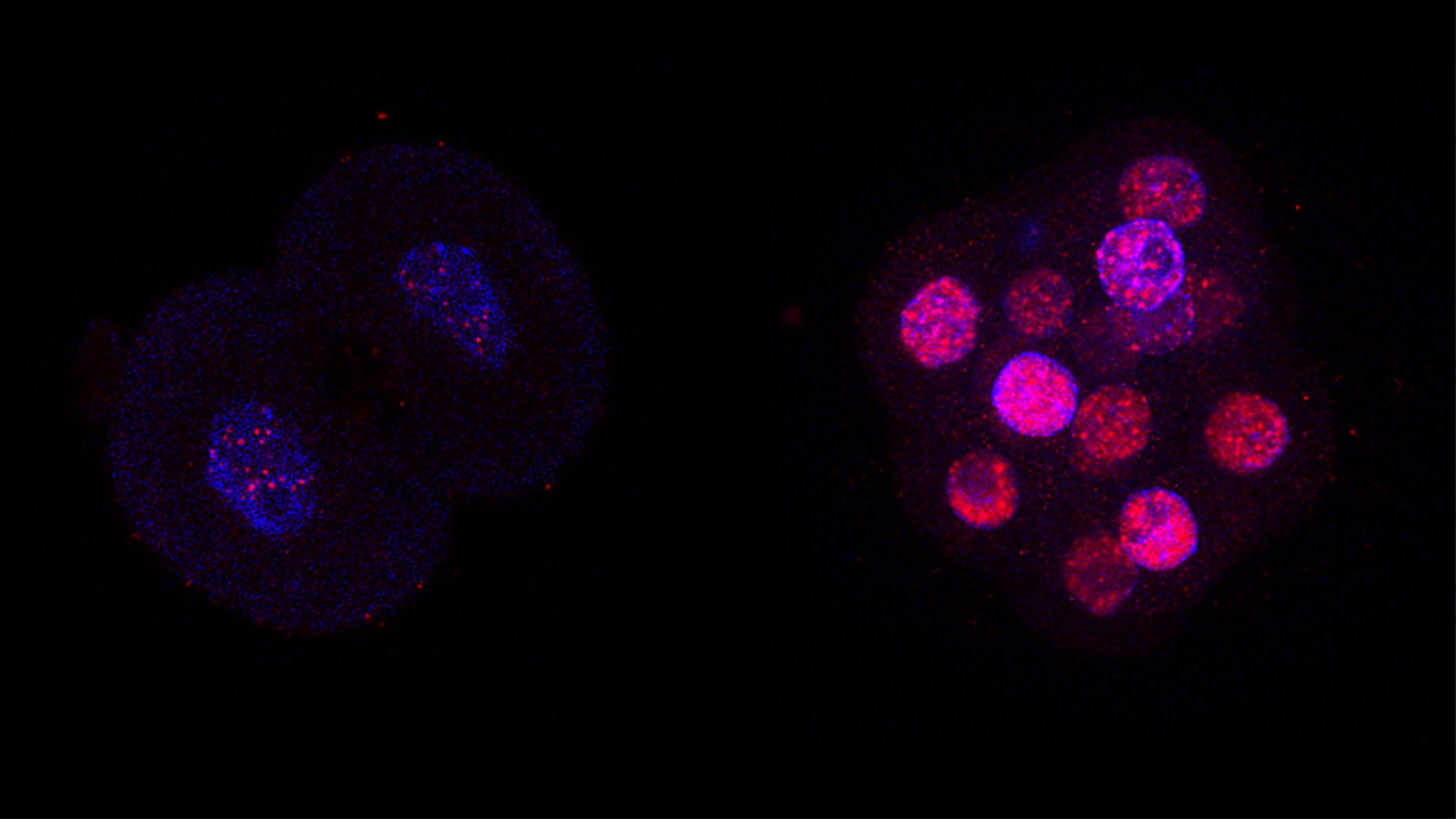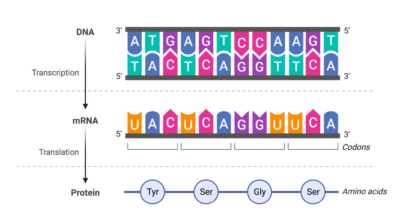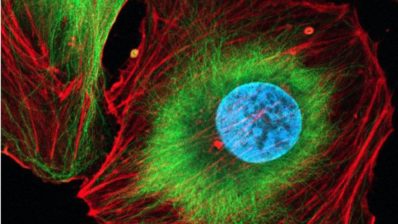During mammalian embryonic development, alternative splicing, a fundamental biological process, is dysregulated. A scientific team at the Centre for Genomic Regulation (CRG) discovered this phenomenon by creating an atlas of splicing events during early development in cows, mice and humans.
Alternative splicing is a molecular mechanism that allows a great diversity of mRNAs, and thus proteins, to be produced from a limited number of genes. It is based on making different combinations of the exons or coding sequences of a gene. It is also a mechanism of vital importance for the development of complex cells such as those of muscles or neurons, and is therefore a highly regulated process.

In the study, the team observed that when the embryos had only 8 cells, the variety of alternative mRNAs was the highest recorded in any cell or tissue to date, whereas, at the next stage of development, this variety decreased to normal levels. This is evidence of a temporary breakdown in alternative splicing regulation during zygotic genome activation, i.e. when an embryo starts using its own proteins and RNAs and stops using maternal ones.
Manuel Irimia, lead author of the study, says they believe this is a deliberate act of sabotage. “We think this happens because there are instructions in our genome that tell some genes – in particular, as we have seen, genes involved in DNA repair – not to do their job at this stage of development. We believe that when the embryo first starts to transcribe its DNA, many errors can occur that would over-activate these proteins. That’s why the zygote itself inhibits them in advance,” he says. Indeed, it has been seen that at this stage the response to DNA damage is low, and this ‘self-sabotage‘ could be one of the reasons.
“Embryonic cells deliberately mess up their splicing and do so for a functional reason”
Manuel Irimia
These findings are very interesting from the point of view of regenerative medicine, as they could lead to a breakthrough in the creation of totipotent cells from stem cells. As Irimia says, “we believe that programmed failure of splicing regulation also occurs in other physiological contexts”. We are just breaking down the importance of this mechanism for biological processes”, he concludes.
Christopher D. R. Wyatt, Barbara Pernaute, André Gohr, Marta Miret-Cuesta, Lucia Goyeneche, Quirze Rovira, Marion C. Salzer, Elvan Boke, Ozren Bogdanovic, Sophie Bonnal, Manuel Irimia. A developmentally programmed splicing failure contributes to DNA damage response attenuation during mammalian zygotic genome activation. Science Advances, 2022; 8 (15) DOI: 10.1126/sciadv.abn4935







